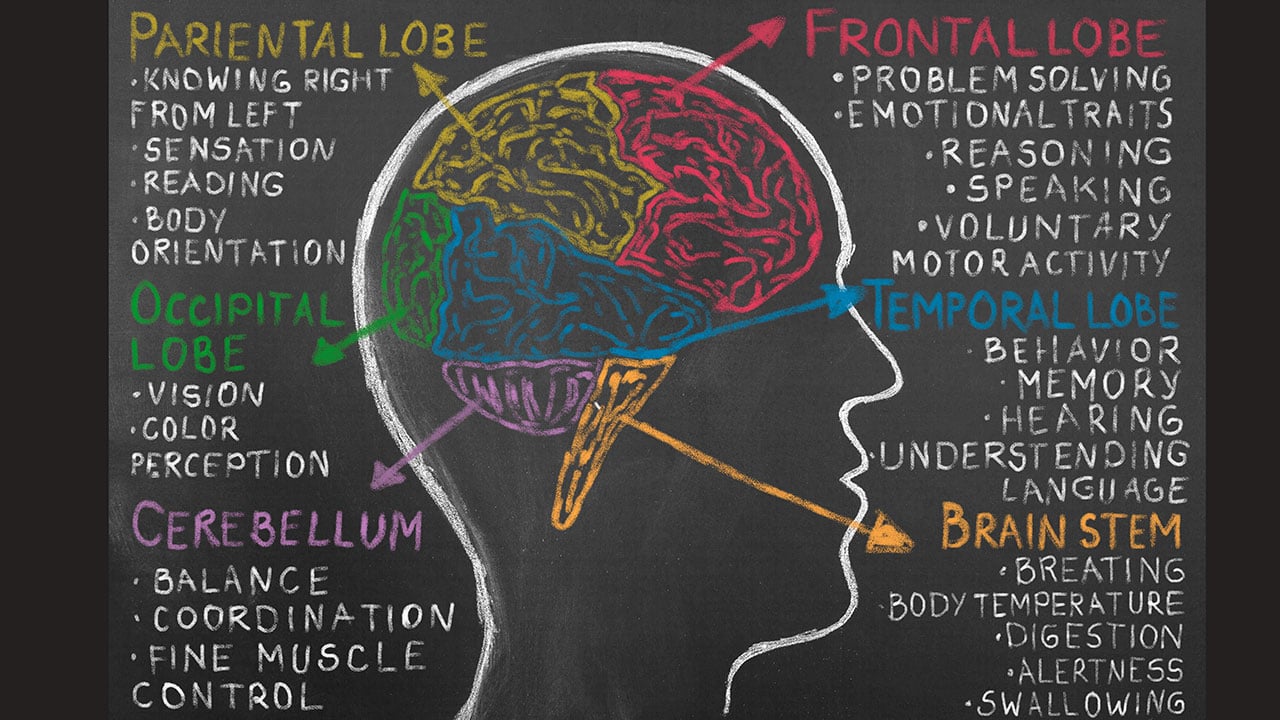Elevating Brain Health: Effective Practices

Elevating Brain Health: Effective Practices
Our brain is a complex and remarkable organ, and maintaining its health is crucial for overall well-being. By incorporating effective brain health practices into our daily lives, we can support cognitive function, emotional well-being, and long-term brain vitality.
Understanding the Brain: The Epicenter of Health
Before delving into practices, it’s essential to appreciate the vital role the brain plays in our overall health. Responsible for cognition, emotions, and coordination, the brain is the epicenter of our well-being. Nourishing and caring for this organ is fundamental for a healthy and fulfilling life.
Nutrition for Brain Power: Fueling Cognitive Function
Nutrition plays a pivotal role in brain health. Consuming a balanced diet rich in antioxidants, omega-3 fatty acids, and vitamins nourishes the brain and supports cognitive function. Foods like fatty fish, berries, nuts, and leafy greens contribute to optimal brain health, providing the essential nutrients it needs to thrive.
Regular Exercise: Boosting Brain Function
Physical activity is not only beneficial for the body but also for the brain. Regular exercise increases blood flow to the brain, promoting the growth of new neurons and enhancing cognitive function. Whether through aerobic activities, strength training, or yoga, exercise is a powerful brain health practice.
Quality Sleep: A Restorative Pillar for the Brain
Quality sleep is a restorative pillar for brain health. During sleep, the brain undergoes essential processes like memory consolidation and toxin removal. Establishing a consistent sleep routine, creating a conducive sleep environment, and prioritizing restful sleep contribute to overall brain well-being.
Mental Stimulation: Exercising the Mind
Keeping the brain mentally stimulated is crucial for maintaining cognitive abilities. Engaging in activities that challenge the mind, such as puzzles, games, or learning new skills, promotes neuroplasticity—the brain’s ability to adapt and reorganize itself. Continuous mental stimulation is a key practice for long-term brain health.
Stress Management: Balancing Emotional Well-being
Chronic stress can have detrimental effects on the brain. Implementing stress management techniques, such as mindfulness, meditation, or deep-breathing exercises, helps regulate stress hormones and fosters emotional well-being. A balanced emotional state contributes to overall brain health.
Social Connections: Nurturing Brain Resilience
Social connections play a significant role in brain health. Maintaining meaningful relationships and engaging in social activities provide cognitive stimulation, emotional support, and a sense of purpose. Strong social connections contribute to brain resilience and a lower risk of cognitive decline.
Brain-Boosting Supplements: Consideration for Support
Certain supplements are known to support brain health. Omega-3 fatty acids, vitamin B, and antioxidants like vitamin E and C are examples of nutrients that may benefit brain function. However, it’s crucial to consult with healthcare professionals before incorporating supplements into your routine.
Mindfulness and Meditation: Cultivating Cognitive Clarity
Mindfulness and meditation practices cultivate cognitive clarity and focus. These techniques involve being present in the moment, reducing mental clutter, and promoting a calm and focused mind. Regular mindfulness practices contribute to improved attention, memory, and overall brain function.
Brain Health Check-ups: Proactive Monitoring
Regular check-ups focused on brain health are essential for proactive










